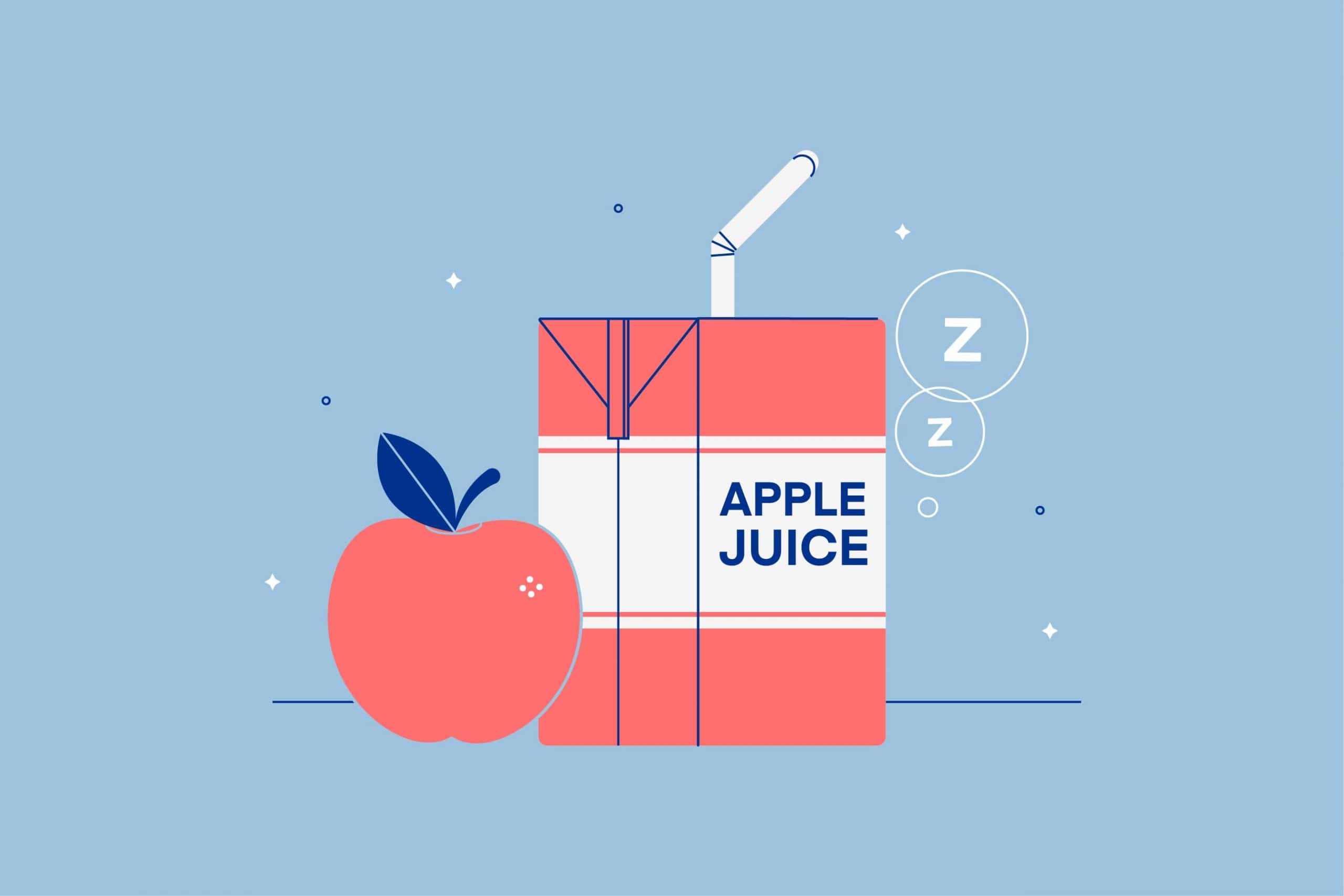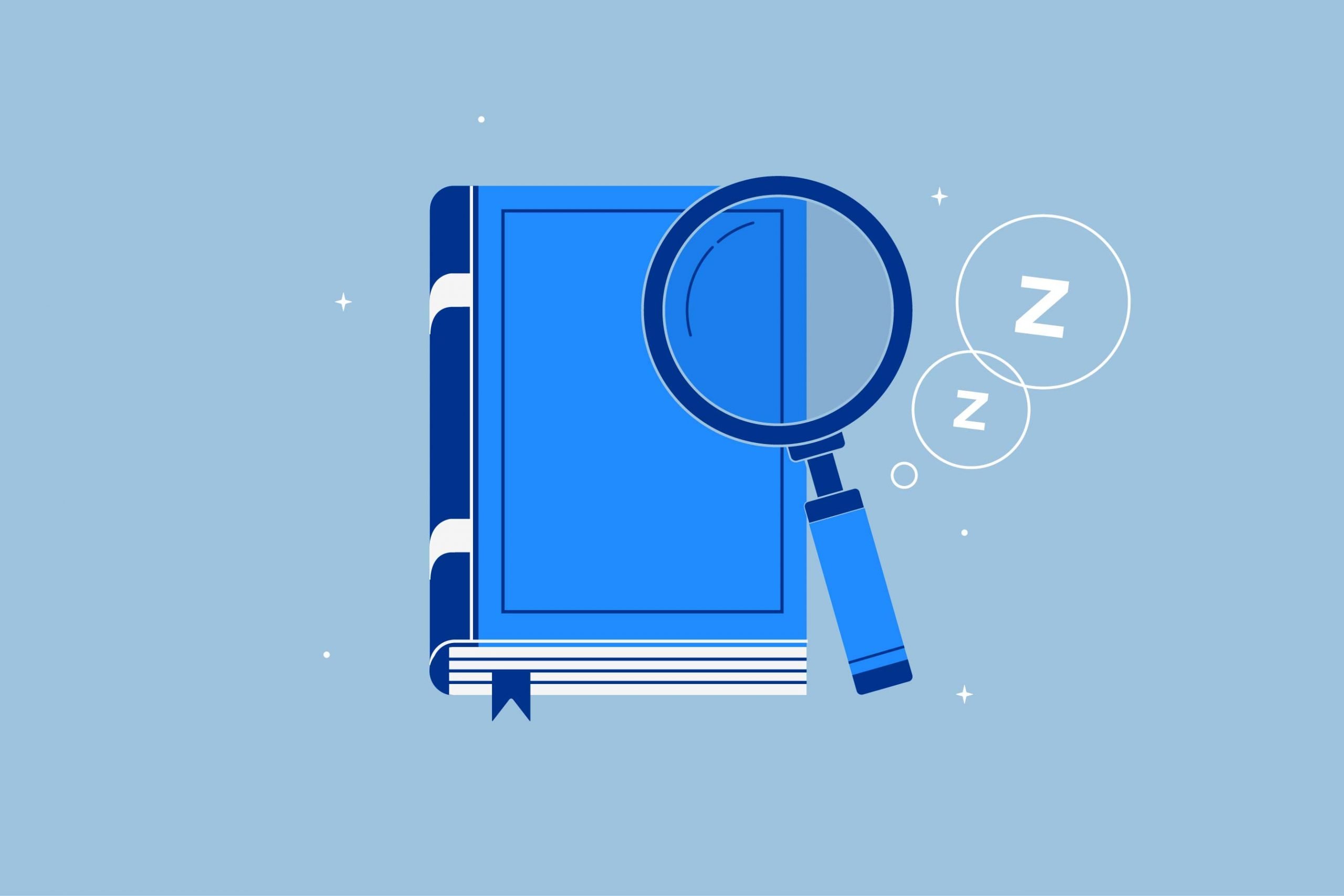Key Takeaways
- May Not Directly Cause Weird Dreams: While there is no scientific evidence to suggest that drinking apple juice before bed leads to strange or weird dreams, some individuals have reported experiencing vivid dreams after consuming apple products. However, this effect is not well-documented or proven.
- Pros and Cons of Apple Juice: Apple juice can be a hydrating and nutritious beverage, but it also has some drawbacks. It can be high in sugar, lacking in fiber compared to whole apples, and may contribute to weight gain if consumed in excess. Choosing 100% pure apple juice without added sugars is recommended for better nutrition.
- Best Times to Consume Apple Juice: Apple juice is best consumed in the morning before breakfast to provide a quick energy boost and nutrient absorption. It can also be consumed before and after exercise to replenish energy levels. However, it is not advisable to drink apple juice right before bedtime, as it may lead to a spike in blood sugar and disrupt sleep. Chamomile tea or warm milk are better options for promoting sleep.
If you run a Google search for “Does drinking apple juice before bed cause weird dreams?” you’d be surprised by how many chat rooms discuss this phenomenon. Many claim to have nightmares, while others experience lucid dreams. Does apple juice cause weird dreams? And if so, would other apple products, like apple cider vinegar, have a similar effect on the mind?
While thought-provoking questions, there is currently no study that proves apple juice causes weird dreams. However, that doesn’t mean apple juice doesn’t affect our bodies in other ways, including sleep quality.
What Does Apple Juice Contain?
Whole apples are very healthy and nutritious—they’re good for weight loss, may improve heart health and lower the risk of diabetes, and are a good source of fiber. Juicing may reduce these health benefits since they’re mostly found in the flesh and skin of the apple, but apple juice still provides beneficial properties to the body.
The pros and cons of drinking apple juice are as follows:
Pros
- Apple juice keeps you hydrated. Apple juice contains 88% water and is easy to consume. Many hospitals serve apple juice to patients after medical procedures, because it’s easier on the stomach and won’t cause nausea.
- Benefits of plant compounds. If part of the flesh is retained during the juicing process (i.e., store-bought apple juice that isn’t clear, or homemade juicing), then these plant compounds may protect cells from inflammation and oxidation damage.
- May improve heart health. Apple juice that contains part of its flesh may reduce bad cholesterol (LDL) from building up in arteries, allowing more blood to pump to and from the heart.
Cons
- Can cause weight gain. Apple juice is easy to consume—many may drink more than the recommended amount, whether because they’re dehydrated or love the taste, leading to consuming more calories. Plus, unlike milk, apple juice doesn’t satisfy hunger pangs.
- Inadequate source of vitamins and minerals. Store-bought apple juice supplies less than 10 percent of your daily intake. Instead, look for apple juice fortified with vitamin C for more nutrients, though if you’re looking for more, eating a whole apple is the best option.
- Contains high levels of sugar. Many store-bought apple juice brands contain high amounts of sugar. Excessive sugar intake may cause weight gain and spikes in blood sugar. To avoid this, choose apple juice brands made from 100 percent juice—these brands will have no added sugar. Plus, if you pair a glass of apple juice with protein and healthy fat (i.e., toast with peanut butter), it helps reduce the high-sugar impact.
How Apple Juice Affects the Brain
Apple juice supports the brain—antioxidants shield the brain from damage and may improve anxiety and restlessness, particularly in patients with Alzheimer’s disease.
Apple juice may also improve memory by preventing a decrease in the neurotransmitter acetylcholine. Neurotransmitters are chemicals that transmit messages to other nerve cells and are vital for memory and brain health. More acetylcholine can also slow down the mental decline in Alzheimer’s patients and may improve memory.
Because apple juice may increase acetylcholine levels in the brain, it may lead to vivid dreams, though there is no conclusive evidence yet to prove otherwise.
FAQs
Which fruit juice is good to drink at night?
Tart cherry juice is an excellent choice as a nighttime beverage. Cherry juice contains high levels of melatonin and phytochemical procyanidin B-2, a chemical that protects tryptophan as it travels to the brain. Tryptophan is an amino acid that increases melatonin production in the brain—we can’t naturally produce tryptophan, so we have to ingest it.
Many people report dreams from cherries and tart cherry juice before bed due to the high amount of melatonin found naturally in the cherries. Just be sure not to consume too much before bed, as this may cause you to wake up in the middle of the night to use the bathroom. Any liquids should be consumed about an hour before bedtime, and no more than one cup.
What should I drink to fall asleep faster?
Other drinks that can help you fall asleep faster include milk, herbal teas (like chamomile or lemon balm), and cherry juice. These drinks contain tryptophan, an amino acid that helps produce melatonin in the body, and natural relaxants to calm our thoughts and nervous system.
Chamomile, peppermint and lavender tea are all great as “sleepy time” teas as they calm the nervous system and put us into a parasympathetic state, which reduces our stress. If you’re going to have tea for sleep, be sure to do so one hour before going to bed and skip any added sugars to avoid an insulin spike and crash.
How much apple juice should I drink a day?
The recommended amount of apple juice to drink per day varies depending on several factors, such as age, caloric intake, and dietary goals. However, a general guideline is to limit your intake to about 4 to 8 ounces (120 to 240 ml, or one U.S. cup) per day. It’s important to remember that apple juice contains natural sugars and calories, so moderation is key.
You can consult with a healthcare professional or a registered dietitian for personalized dietary recommendations.
Should I have apple juice or a whole apple for sleep?
Opt for a whole apple rather than apple juice for better sleep. Whole apples contain fiber, which aids digestion and promotes stable blood sugar levels, making them an excellent fruit for sleep.
Apple juice lacks fiber and can have a higher sugar concentration, which may disrupt sleep. Chewing a whole apple promotes satiety, and the fruit’s water content contributes to hydration. Consider individual preferences and consume apple juice earlier in the day if preferred.
What concentration of apple juice should I drink?
It’s generally recommended to consume 100% pure apple juice without added sugars or dilutions for the most nutritional benefits. This ensures that you’re getting the natural sugars, vitamins, and minerals present in the juice without any unnecessary additives.
Non-100% apple juice often contains added sugars, lower nutritional value, and may have allergenic additives. Opting for 100% pure apple juice without additives provides better nutrition and avoids potential drawbacks associated with added sugars and unknown ingredients.
Is it better to drink apple cider or apple juice?
Apple cider is typically unfiltered, giving it a cloudy appearance and a slightly tangy flavor. Cider is often consumed in its raw, unpasteurized form, which helps retain more of the natural nutrients and enzymes present in the apples. Apple cider also tends to have a higher fiber content as it contains remnants of apple pulp. Additionally, some varieties of apple cider may have a slightly lower sugar content compared to certain commercial apple juices.
On the other hand, apple juice is usually filtered and pasteurized, resulting in a clear liquid with a sweeter taste. The processing involved in making apple juice may remove or reduce some of the natural nutrients and fiber found in apples. However, it does have a longer shelf life compared to raw apple cider. Some apple juices may contain added sugars or sweeteners, so if you wish to avoid that, read the labels and choose options with no added sugars.
Best Time to Drink Apple Juice
Fresh or store-bought apple juice is best taken during the day. The best time to drink apple juice is first thing in the morning before breakfast—since your body has been “fasting” while sleeping at night, it’ll absorb nutrients quickly.
To avoid a spike in blood sugar and insulin from solely drinking apple juice, add a source of healthy fat and protein like eggs, nut butters or avocado to your breakfast. If blood sugar regularity is a concern for you, opt for the whole apple instead of the apple juice, as the fiber in the flesh and skin creates a smaller insulin spike than the apple juice.
Another time to drink apple juice is before and after exercise. Apple juice increases energy that may encourage you to push yourself during a workout, burning carbs and reducing belly fat. Apple juice may also restore sugar levels and replenish lost nutrients, but watch how much you drink—a glass of apple juice may contain the same amount of sugar as three scoops of ice cream.
Don’t drink apple juice right before bed—it may cause a spike in blood sugar, making it harder to fall asleep and stay asleep and increase bathroom trips in the middle of the night. Instead, if you’re looking for a beverage to induce sleep, choose a cup of chamomile tea or a glass of warm milk. If you want a snack to eat before bed, a raw apple can be a good choice.
And should you have strange dreams, it can be a good idea to try and uncover your dream’s causes and meanings. Writing in a dream journal can help you keep track of relevant details.
About the author
Geoff McKinnen is a writer focusing mainly on the healthcare industry and has written articles on everything from foods to help you lose weight to the connection between Alzheimer’s and sleep. Geoff’s passionate about helping readers improve their well-being to lead happier lives. Outside of work, Geoff enjoys cycling and hiking and believes that by leading a healthy lifestyle, he can help others do the same.
View all posts





